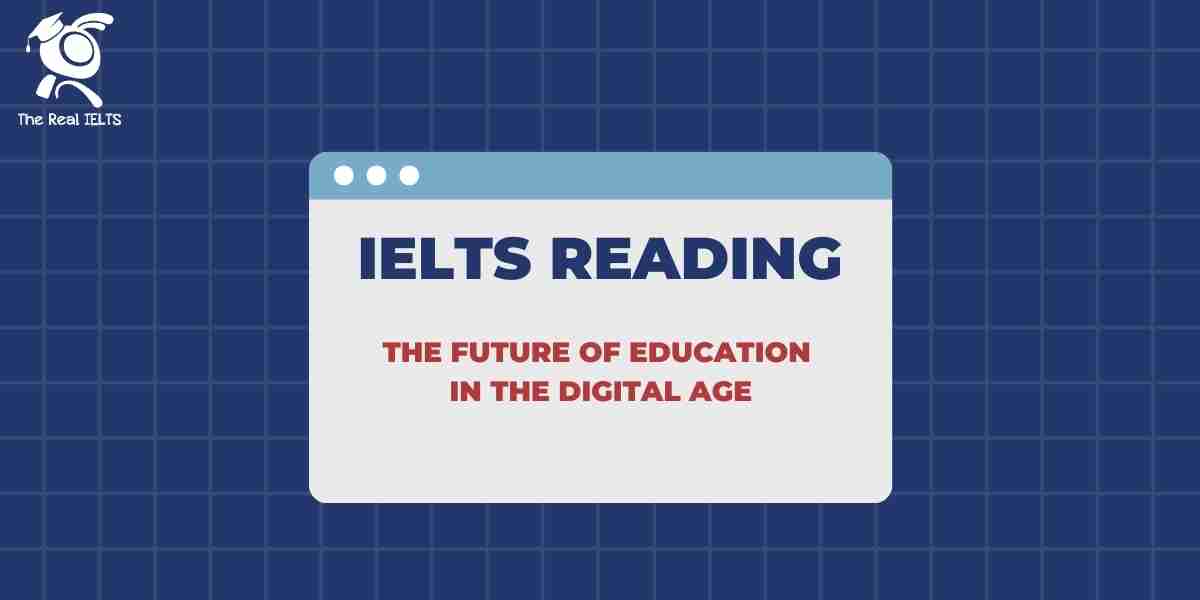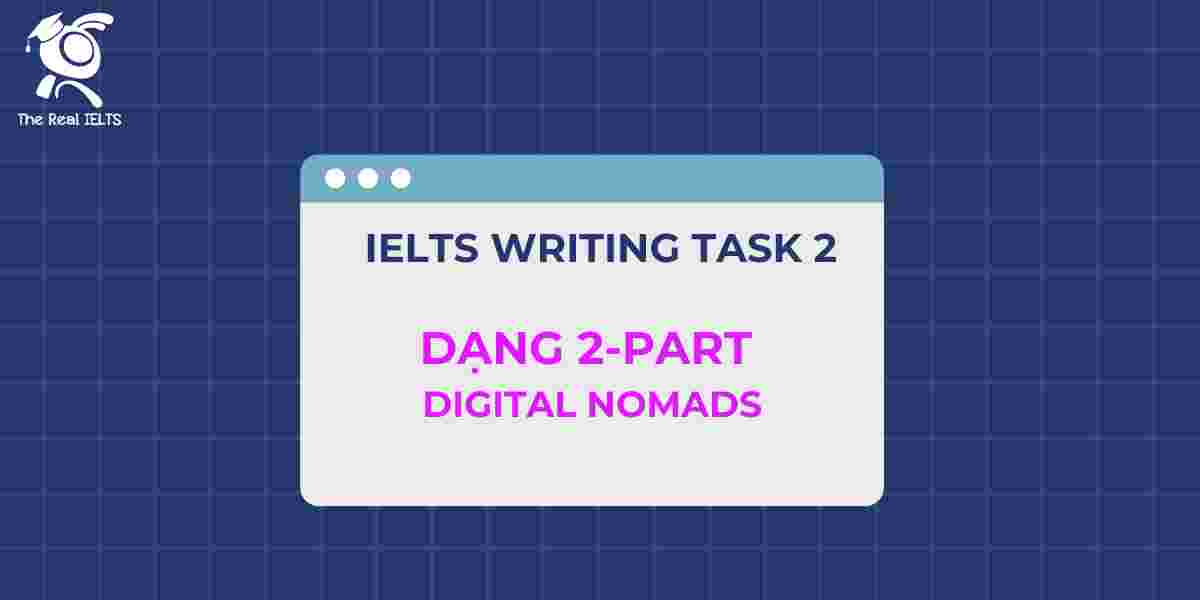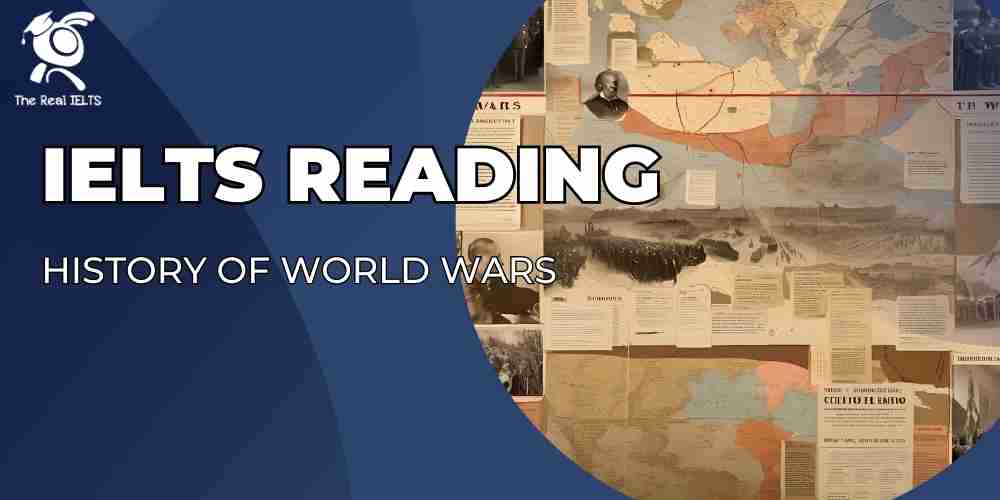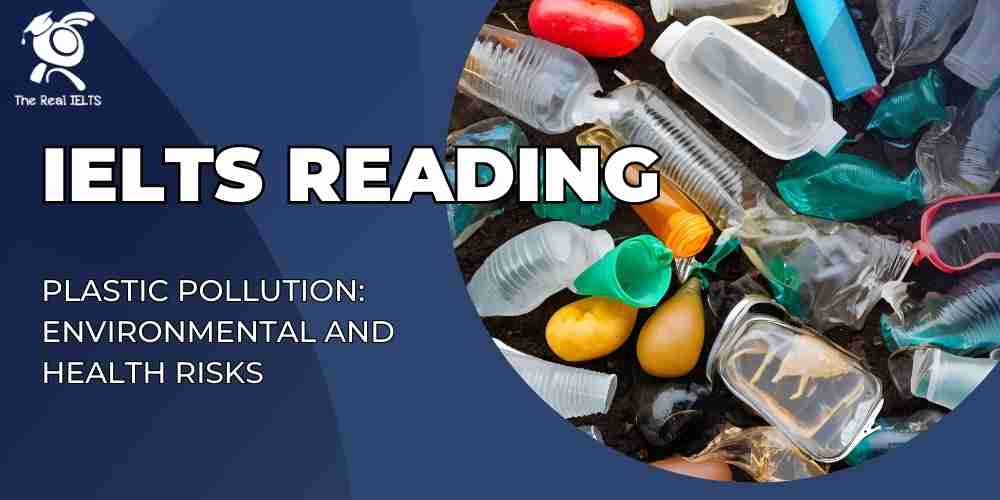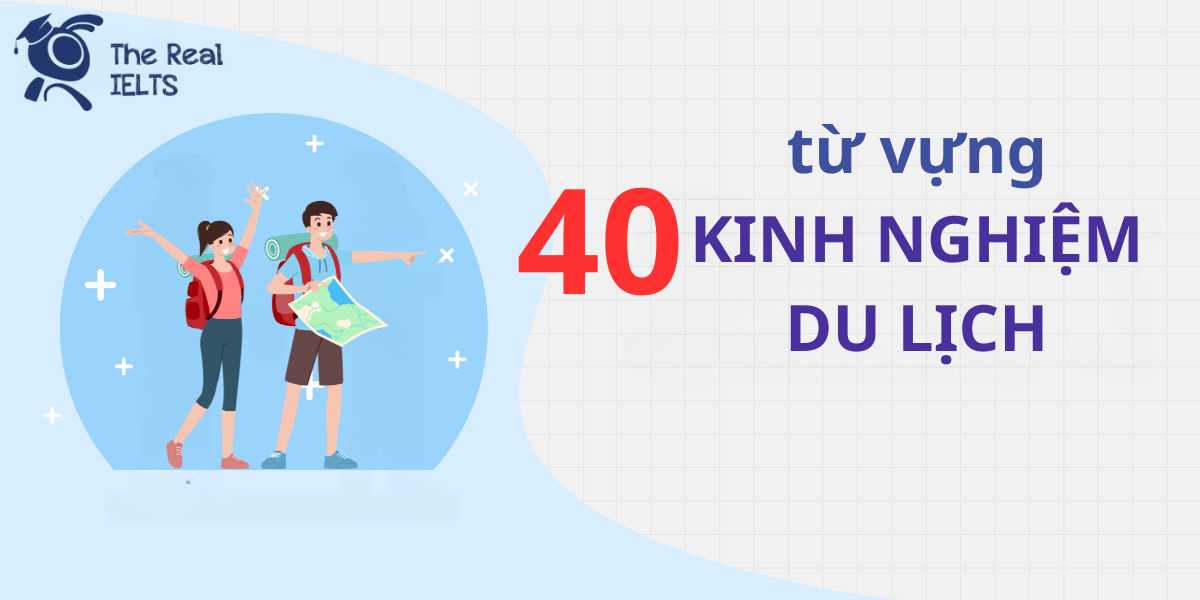Đề thi IELTS Reading có tiêu đề “The Future of Education in the Digital Age”
Nhớ đọc thêm các bài luyện thi IELTS nhé.
IELTS Reading:”The Future of Education in the Digital Age“
The Future of Education in the Digital Age
As we move further into the 21st century, the landscape of education is undergoing a profound transformation driven by rapid advancements in digital technology. The future of education in the digital age presents both opportunities and challenges as educators, students, and institutions adapt to new methods of teaching and learning. From the integration of artificial intelligence (AI) in classrooms to the increasing reliance on online platforms, the shift towards digital education is poised to reshape the way knowledge is acquired and shared.
One of the most significant developments in education today is the growing role of technology in classrooms. Smartboards, tablets, and digital textbooks have become commonplace, replacing traditional tools like chalkboards and printed materials. This shift enables students to access a wealth of information at their fingertips and allows teachers to present content in more dynamic and engaging ways. Digital platforms such as Khan Academy and Coursera provide access to courses from leading experts and universities around the world, breaking down barriers to education and making learning more accessible to people in remote areas.
Artificial intelligence is another key factor shaping the future of education. AI-powered tools can offer personalized learning experiences, adapting to individual students’ strengths and weaknesses. For instance, adaptive learning platforms analyze student performance and modify the content accordingly, ensuring that each learner progresses at their own pace. This approach is especially beneficial for students who require additional support, as AI can provide real-time feedback and recommend resources tailored to their needs. Additionally, AI is revolutionizing the grading process, allowing for automated assessments that reduce the burden on teachers while maintaining accuracy.
Online learning has also gained considerable momentum, especially in the wake of global events such as the COVID-19 pandemic. Virtual classrooms have become the norm, with platforms like Zoom and Google Classroom facilitating real-time communication between students and educators. The flexibility of online learning allows students to study at their own pace and schedule, making education more accessible for working professionals and individuals with other commitments. Furthermore, online courses often incorporate interactive elements such as quizzes, discussion forums, and group projects, which encourage collaboration and engagement despite the physical distance.
However, while the digitalization of education offers numerous advantages, it also presents challenges that must be addressed. One major concern is the digital divide, which refers to the gap between those who have access to modern technology and those who do not. In many parts of the world, especially in developing countries, students may lack reliable internet connections or access to digital devices, preventing them from fully participating in online learning. Bridging this gap is essential to ensuring that the benefits of digital education are available to all.
Moreover, the increasing reliance on technology raises questions about the role of teachers in the future. While AI and digital platforms can enhance learning, they cannot replace the human element that is central to education. Teachers provide emotional support, motivation, and critical thinking skills that machines cannot replicate. Therefore, rather than replacing educators, technology should be viewed as a tool that complements and enhances their work, allowing them to focus more on fostering creativity and critical thinking in students.
Another potential challenge is the issue of data privacy and security. With the growing use of digital platforms in education, large amounts of personal information are collected from students. This raises concerns about how this data is stored, used, and protected. Ensuring that students’ privacy is safeguarded is crucial, especially in an era where cyber threats are becoming more sophisticated.
In conclusion, the future of education in the digital age holds immense promise but also requires careful consideration of the associated challenges. Technology, including AI and online learning platforms, has the potential to revolutionize education by making it more personalized, accessible, and engaging. However, addressing issues such as the digital divide, the evolving role of teachers, and data privacy will be essential in ensuring that the benefits of digital education are shared by all. As we continue to navigate this rapidly changing landscape, the goal should be to create an inclusive and equitable educational system that prepares students for the complexities of the modern world.
Đề bài thi IELTS Reading
Multiple Choice Questions (MCQs):
- What is one of the key trends in the future of education? A. Return to traditional classrooms
B. Increased use of digital technology
C. A complete shift to outdoor learning
D. Elimination of all teachers - Which of the following is a tool mentioned in the text that helps improve the classroom experience? A. Printed textbooks
B. Chalkboards
C. Smartboards
D. Notebooks - What advantage does AI provide in education? A. It eliminates the need for teachers
B. It offers personalized learning experiences
C. It only benefits advanced students
D. It limits student engagement - How has online learning impacted education? A. It has made education more difficult
B. It has made education less flexible
C. It allows students to study at their own pace
D. It forces students to stick to strict schedules - What is one challenge mentioned regarding digital education? A. The overuse of textbooks
B. The cost of traditional education
C. The digital divide
D. Lack of interest in technology - According to the text, AI in grading: A. Slows down the assessment process
B. Reduces teacher workload
C. Causes inaccuracies in grading
D. Eliminates the need for exams - What concern does the text raise about online platforms in education? A. They require face-to-face communication
B. They may lead to data privacy issues
C. They only work in urban areas
D. They are too expensive for schools
True/False/Not Given Questions:
- Digital platforms like Khan Academy are helping to make education more accessible to everyone. True / False / Not Given
- AI is currently replacing all human teachers in digital classrooms. True / False / Not Given
- Online learning platforms like Zoom limit student-teacher interaction. True / False / Not Given
- One of the challenges of digital education is the uneven distribution of technology access. True / False / Not Given
- The text suggests that smartboards are no longer used in classrooms. True / False / Not Given
- Digital education will eventually eliminate the need for human interaction. True / False / Not Given
Yes/No/Not Given Questions:
- Does the author believe that technology can fully replace teachers in the future? Yes / No / Not Given
- Does the text suggest that traditional classrooms will disappear entirely due to digital education? Yes / No / Not Given
- Is it the author’s opinion that the digital divide can be overcome by improving internet access? Yes / No / Not Given
- Does the author think that AI grading is always more accurate than human grading? Yes / No / Not Given
- Does the text propose that virtual classrooms will replace all in-person education after the pandemic? Yes / No / Not Given
Matching Information Questions:
19-22. Match each statement with the correct paragraph (A-D): A. The benefits of AI in personalizing learning.
B. The role of online platforms during global events.
C. The potential risks of digital education.
D. How technology is transforming classrooms.
Matching Headings Questions:
23-26. Match the following headings to the correct paragraphs: A. “The Digital Divide: A Growing Challenge”
B. “AI in the Classroom: Revolutionizing Education”
C. “Online Learning: The New Normal”
D. “Data Privacy in the Age of Digital Education”
Matching Features Questions:
27-29. Match the following features with their appropriate technological tools: A. Personalized learning experiences — ____
B. Real-time interaction in virtual classrooms — ____
C. Interactive course materials — ____
Matching Sentence Endings Questions:
30-33. Complete each sentence by matching the beginning with the correct ending: 30. AI-powered platforms…
A. encourage competition among students.
B. adapt content to individual student needs.
C. are only used in advanced classes.
D. limit students’ progress.
- Online courses often include…
A. tests that measure only theoretical knowledge.
B. interactive elements like quizzes and forums.
C. a focus on traditional teaching methods.
D. a requirement to attend physical classrooms. - The digital divide refers to…
A. the gap between those with access to technology and those without.
B. differences in teaching styles between educators.
C. competition among students for resources.
D. the decline of traditional classrooms. - Teachers in the future…
A. will be replaced by AI completely.
B. will have less influence on students.
C. will work alongside technology to enhance learning.
D. will no longer be necessary.
Sentence Completion Questions:
34-37. Complete the sentences with information from the text: 34. Digital platforms such as ____ provide access to a variety of courses worldwide.
35. One challenge facing digital education is the ____ between those with and without technology.
36. Teachers play an essential role in providing ____ that AI cannot replicate.
37. Data privacy is a concern because large amounts of ____ are collected from students.
Short Answer Questions:
- What technological tool is helping students learn at their own pace?
- What was one global event that increased the use of virtual classrooms?
- What kind of learning experiences does AI help provide for students?
Đáp án bài thi IELTS Reading
Multiple Choice Questions (MCQs):
- B. Increased use of digital technology
- C. Smartboards
- B. It offers personalized learning experiences
- C. It allows students to study at their own pace
- C. The digital divide
- B. Reduces teacher workload
- B. They may lead to data privacy issues
True/False/Not Given Questions:
- True
- False
- False
- True
- False
- Not Given
Yes/No/Not Given Questions:
- No
- No
- Not Given
- No
- Not Given
Matching Information Questions:
- A. The benefits of AI in personalizing learning.
- B. The role of online platforms during global events.
- C. The potential risks of digital education.
- D. How technology is transforming classrooms.
Matching Headings Questions:
- A. “The Digital Divide: A Growing Challenge”
- B. “AI in the Classroom: Revolutionizing Education”
- C. “Online Learning: The New Normal”
- D. “Data Privacy in the Age of Digital Education”
Matching Features Questions:
- A. Personalized learning experiences — AI-powered tools
- B. Real-time interaction in virtual classrooms — Zoom/Google Classroom
- C. Interactive course materials — Online learning platforms
Matching Sentence Endings Questions:
- B. adapt content to individual student needs
- B. interactive elements like quizzes and forums
- A. the gap between those with access to technology and those without
- C. will work alongside technology to enhance learning
Sentence Completion Questions:
- Khan Academy
- digital divide
- emotional support
- personal information
Short Answer Questions:
- AI-powered platforms
- COVID-19 pandemic
- Personalized learning experiences
Luyện tập bài khác ở bài viết:”100 bài luyện IELTS Reading 2024 – 2025“


